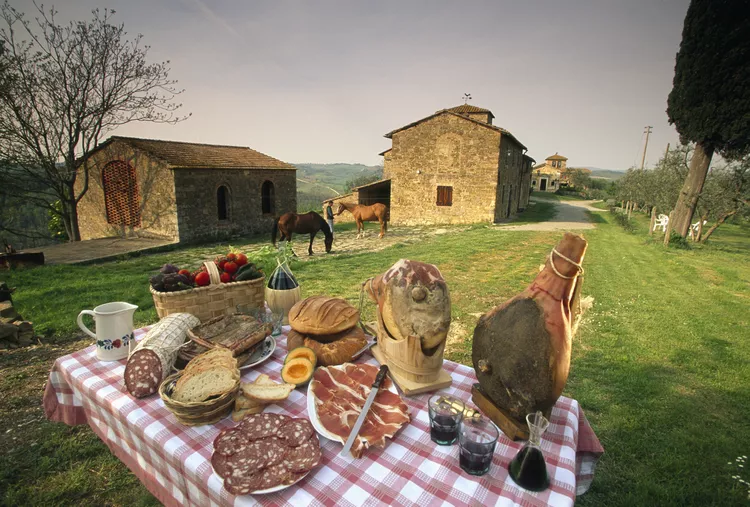Summary
An Authentic Farm Stay in the Italian Countryside
If you’re planning a trip to Italy and looking for unique accommodations, you’ll likely encounter the term agriturismo—a blend of “agriculture” and “tourism” in Italian. Agriturismo refers to a farm stay, providing a vacation experience in farmhouse resorts.
Understanding Agriturismo
In Italy, many agriturismi (the plural of agriturismo) cater to families, often featuring farm animals that children can interact with. Others are idyllic for a romantic couple’s retreat. Despite its quaint connotation, numerous agriturismo vacations offer luxurious experiences.
History of Italian Agriturismo
Beginning in the 1950s and lasting through the 1970s, traditional small-scale farming in Italy became less profitable, leading many farmers to abandon their farms for work in larger towns. However, the cultural significance of agriculture, particularly in the production of cheese, wine, and olives, remained strong among Italians. By 1985, a legal definition for Agriturismo was established, permitting and financially supporting the rehabilitation of abandoned rural buildings and estates.
Some of these structures became vacation homes, while others transformed into agriturismo accommodations similar to bed and breakfasts in English or American contexts. These offerings enabled small farmers to supplement their income by hosting vacationers, providing them with firsthand insights into the rural Italian lifestyle.
Culinary Delights on an Agriturismo Vacation
Guests at an Italian agriturismo can typically expect meals made from ingredients produced on the farm or sourced from local markets. Moreover, some farms invite guests to engage in activities such as vegetable picking or cow milking. While you might anticipate a rustic experience, many agriturismi provide upscale amenities, including swimming pools. The accommodations range from simple guest rooms with rustic furnishings and shared bathrooms to deluxe suites featuring whirlpool bathtubs and other luxurious amenities.
Agritourism and the Italian Economy
The agritourism strategy implemented by the Italian government significantly benefited rural farmers who could no longer count on farm produce alone for income. Annually, at least a million tourists flock to Italy to enjoy its stunning countryside while staying in agriturismo lodgings. Consequently, despite a declining rural population post-World War II, the agritourism sector has revitalized areas with limited industrial opportunities.
Types of Agriturismo
Agritourism has gained such popularity that numerous subcategories now exist. For travelers seeking eco-friendly holidays, various farms offer ecotourism experiences immersed in nature. For those wanting a little indulgence, a wellness agritourism experience featuring spa services may be preferable.
If maintaining an active lifestyle during vacations appeals to you, numerous agriturismo accommodations provide options for horseback riding, climbing, swimming, and other physical activities. Additionally, food lovers can indulge in culinary-focused agriturismi that offer tastings and tours centered around regional cuisine.
Selecting the Right Agriturismo
When considering an agriturismo, define the kind of experience you desire—whether it’s a peaceful retreat in the countryside or a hands-on engagement with Italian agricultural life. Agriturismo listings can be found on various accommodation websites and directly on the Agriturismo.it website. Regardless of where you search, reading reviews and examining photos is essential for ensuring the agriturismo aligns with your needs. Additionally, consider nearby cities or towns—will you prefer to explore or simply relax on the farm and enjoy a tranquil stay? No matter which agriturismo you select, an authentic experience of Italian culture and rural life awaits you, one that’s seldom found in standard hotels.
Article expanded and updated by Elizabeth Heath





